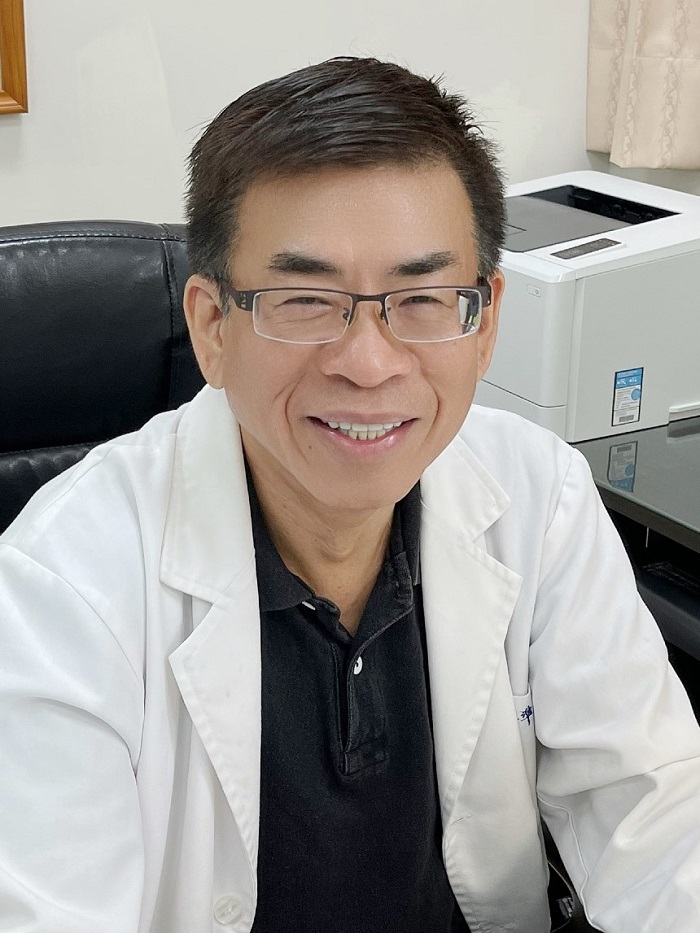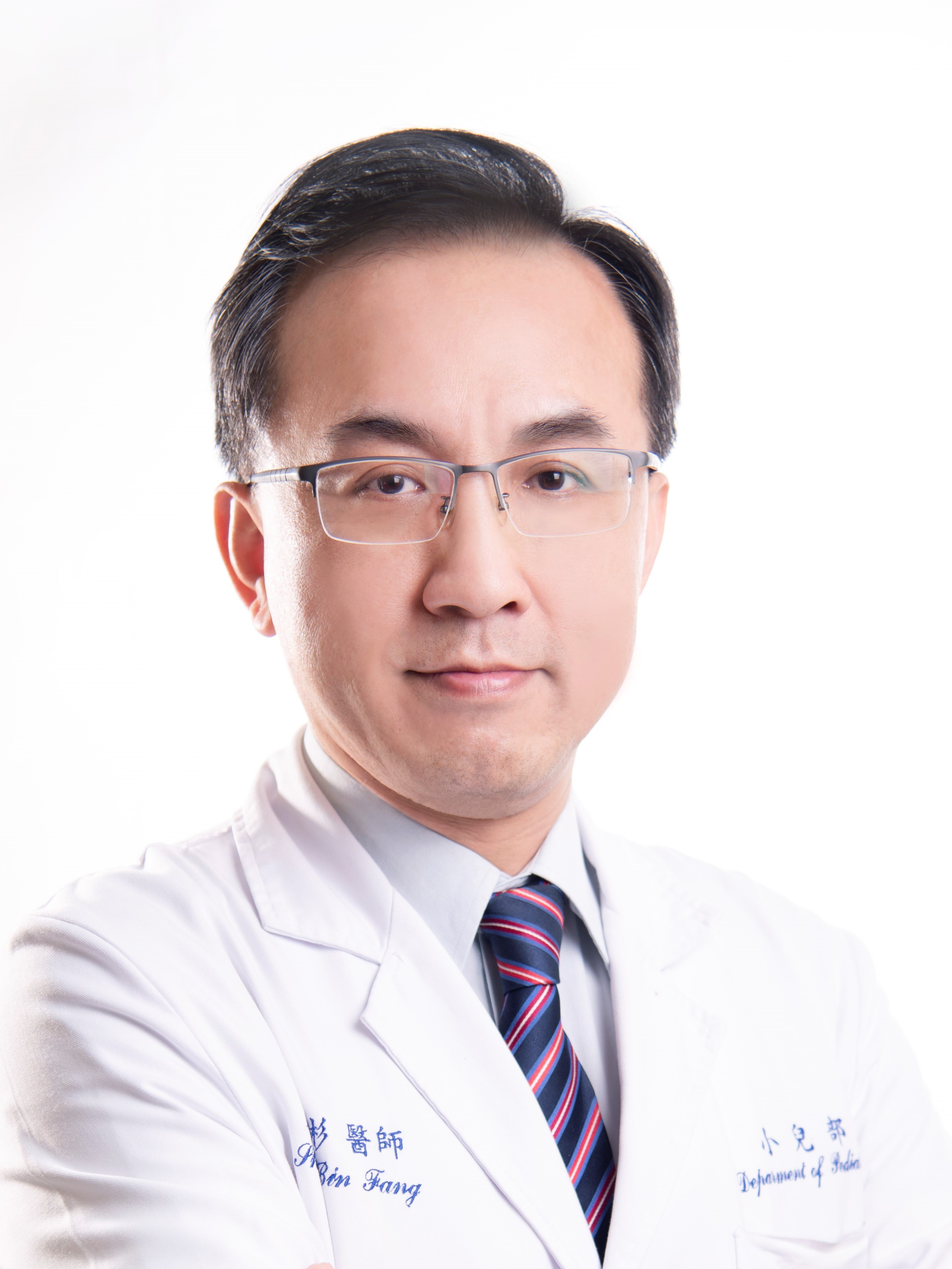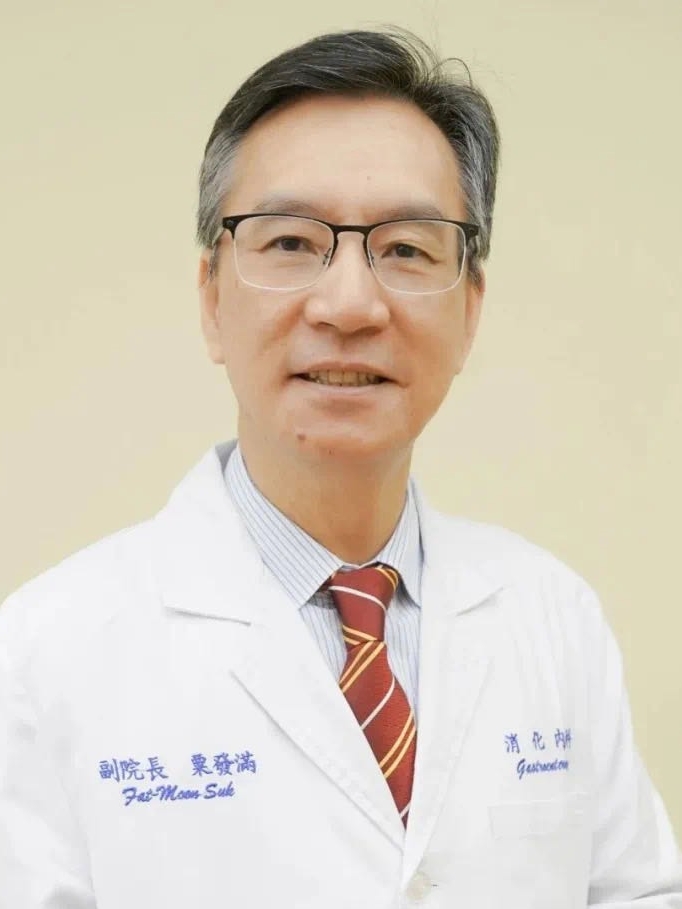About CoM | Leadership
About CoM
Leadership
About CoM | Leadership
About CoM
Leadership



Taipei Medical College was founded in 1960. At that time, the School of Medicine was one of the major pioneer faculties. It was a six-year medical program for the first two cohorts, and was subsequently changed to a seven-year medical program from the 3rd cohort. In 1972, the school was renamed as Taipei Medical University. Then in 2013, the program was reverted to a 6-year course.
Here at Taipei Medical University, we aim to cultivate concepts of humanistic literacy and social care in our medical students and expand their international horizons. In terms of student recruitment, we diversified admission channels to find and recruit the best qualified students to enter the medical field; in terms of education, we designed a multi-perspective medical curriculum supplemented by humanities teaching, problem-based learning and clinical skills teaching. Furthermore, interfaculty communication courses, elective clinical teaching courses, a direct MD-PhD program and international exchange internships are our distinctive features.
TMU manages educational quality through a curriculum review process. For the pursuit of teaching excellence, we have created and promoted many advanced programs, such as courses developing the medical humanities, and courses integrating basic and clinical knowledge, clinical core competency programs and interdisciplinary bedside learning. Along with the establishment of the 3,000-bed medical facility at the Taipei Medical University Hospital, students are provided with full-fledged equipment and a conducive environment for clinical learning. By the joint efforts of all our teachers and students, our medical faculty is rising to greater heights.
School of Medicine
College of Medicine, Taipei Medical University
TMU established the two-year in-service education program of respiratory therapy in August, 2001(stopped in 2011). Then established the very first department of respiratory therapy of university in Taiwan in 2003. Most of the students work as respiratory therapists in hospitals after graduating, while some of the others study for medical-associated master’s degrees.
As the specialization of medication and the multiple developments around the world, TMU has joined lots of research and also got supports from many large research programs. Meanwhile, our department established graduate school in 2016, expecting for cultivating the talents not only of respiratory therapy but also of pulmonary-associated research.
There are 21 nephrologists in the Division of Nephrology, including 4 professors, 3 associate professors, 3 assistant professors, 6 lecturers. Our clinical service encompasses more than 1000 hemodialysis patients, more than 200 peritoneal dialysis patients, 150 renal transplantation and more than 2000 acute kidney injury patients. Our research focuses on big data analysis in clinical nephrology, Klotho, calcium channel, microRNA, genetic susceptibility in kidney diseases, inflammation and different animal models in kidney diseases. We are devoted to develop the characteristic features in each hospital, promote our ability in research and develop the international connection.
The Graduate Institute of Medical Sciences (GIMS) at Taipei Medical University was authenticated by Ministry of Education in 1995 and established in 1996. GIMS was found by merging five previous Graduate Institutes including Basic Medical Science (with master and PhD programs), Cellular and Molecular Biology (with master and PhD programs), Medical Laboratory and Biotechnology (with master program and offering in-service refresher courses), Pharmacology (offering master degree) and Neuron Science (PhD program only). Under supervision and guiding of the former chairperson, Dr. Lin, Chien-Huangand the current chairperson, Dr. Lee, Wen-Sen, this recreated GIMS makes steadily progress in various aspects including teaching, research and community service. This accomplishment is attributed to an adequate integration of outstanding faculties and scientists, rich teaching experience and abundant research resources/equipments from each original program. We expect this energetic GIMS will grow stronger and can compete with other elite research institutes or programs in Taiwan today.
The International Master/PhD Program in Medicine was established in 2016 and recruits international students from foreign countries such as Vietnam, Indonesia, Mongolia, Philippines, India, Gambia, United States and Japan. This graduate program was particularly designed for international students with expertise in clinical professional, biomedical research and healthcare related education. To accommodate individual aspiration, interests and career goals, IGPM designed more flexible study schemes and courses for students. These courses are categorized into four areas including (I) Molecular Medicine, (II) Clinical Research, (III) Prevention and Evidence-Based Medicine, and (IV) Medical Education (Master only). Furthermore, students are also allowed and encouraged to take English-taught courses from other disciplines in the TMU campus. For graduation, students either pursuing PhD or master degree should take and complete the required and elective courses with minimal total 30 credits including 18 credits from the required courses and 12 credits from the elective courses in PhD program, while 12 credits from the required courses and 18 credits from the elective courses in master program. In addition, students are absolutely required to submit and successful defense their thesis (for master) or dissertation (for PhD) to win degree and diploma.
IGPM provides the first-rate educational environment and ensure all future alumni are elite scholars or scientists, who can initiate research proposals, conduct and execute research projects independently and play the significant roles in their own professional fields. Furthermore, we expect IGPM alumni can bridge TMU to their homeland countries for strengthening international collaborations in medicine and biomedical research, leading to win-win situation for each participated institution.
International Ph.D. Program in Cell Therapy and Regenerative Medicine (IPCTRM) at Taipei Medical University is the first research program in Taiwan focusing on cell therapy related researches. We bring together faculty who specialize in cell and stem cell researches from TMU to form this strong program. TMU also established the first University owned Good Tissue Practice (GTP) laboratory in Taiwan. Students therefore can obtain the knowledge regarding the production of cell based products for future medical use.
Our mission is to cultivate professional students who will do research and develop their careers in the related fields and also to promote translational and clinical trials of cell and stem cell based therapies.
To meet the medical needs of ageing populations around the world, medical researchers seek new methods to treat disease through cell therapy and regeneration medicine. At the forefront of this trend, pioneering[WU1] faculty at TMU established Taiwan’s first research program specializing in cell therapy research and regeneration medicine, and also University based Good Tissue Practice (GTP) laboratory.
Focusing on the rise of artificial intelligence, the Institute adheres to the educational goal of “facilitating students with complete artificial intellectual skills, and combining medical knowledge to create interdisciplinary talents and constructing precise medicine and technology”. In-service specialization program, through intensive courses and clinical practice, including analysis of signal/data, semantics, image recognition and clinical medicine, smart hospitals and other professional courses, to strengthen students’ ability to integrate learning across fields, and build up Taiwan’s artificial intelligence medical industry talents.